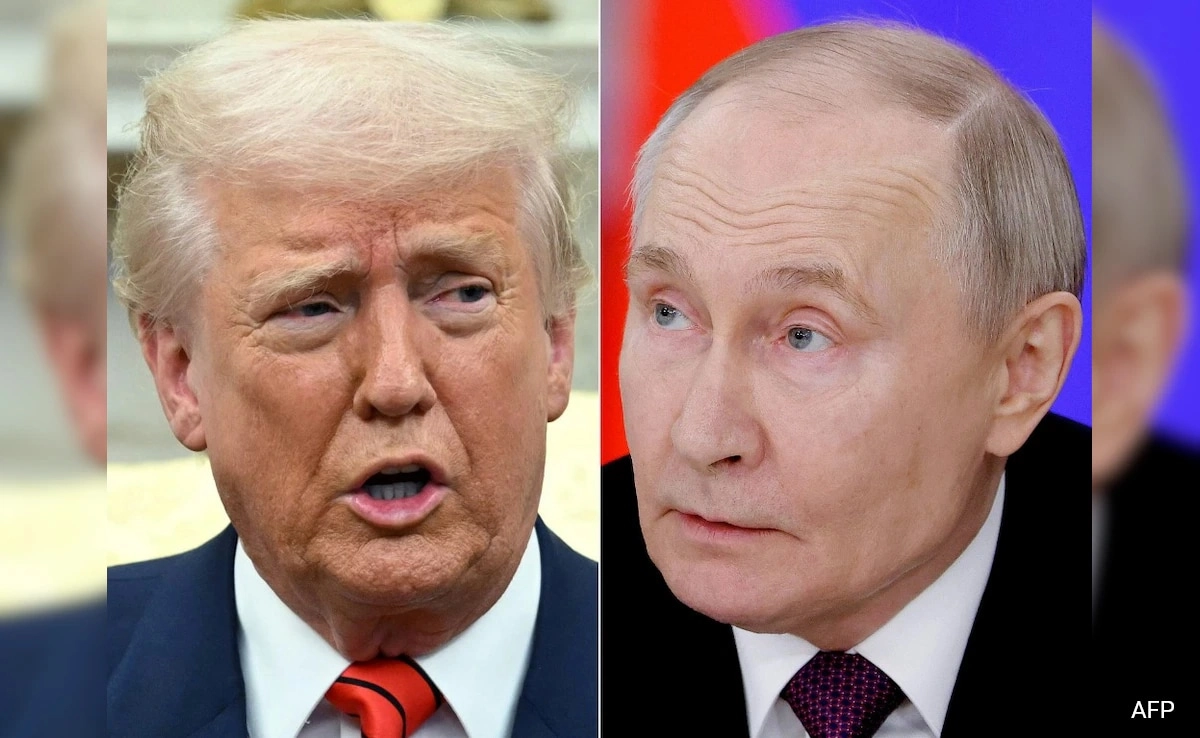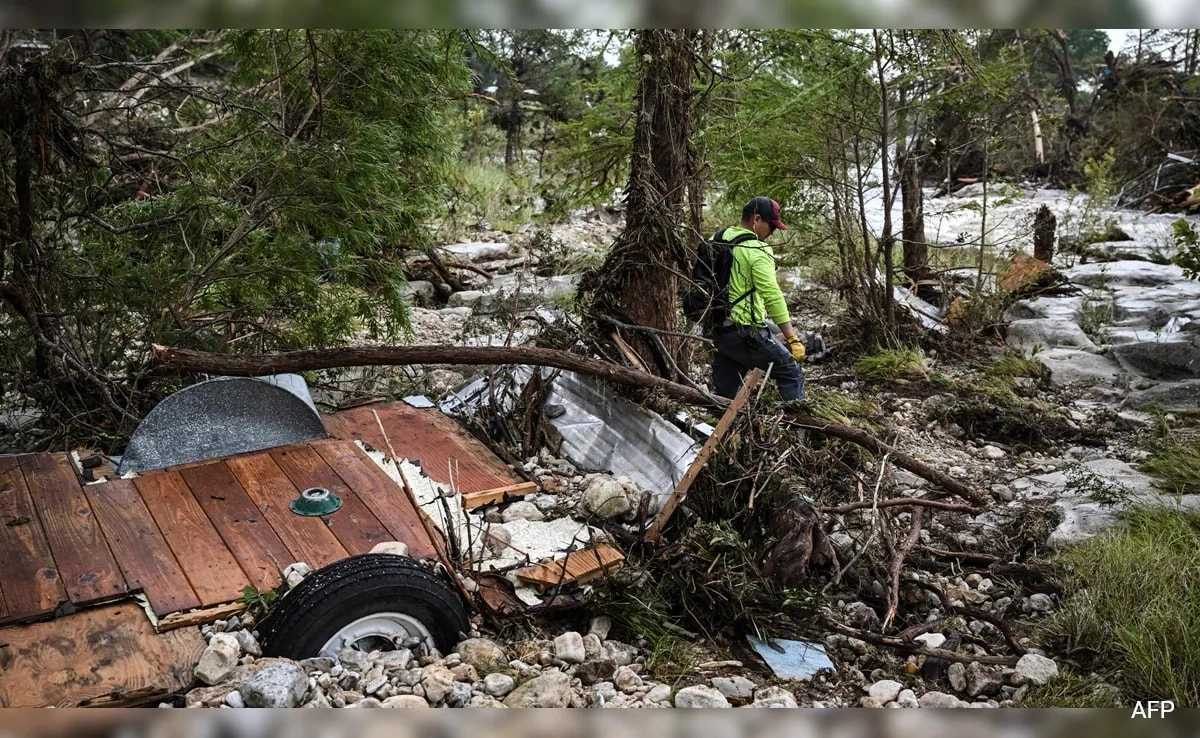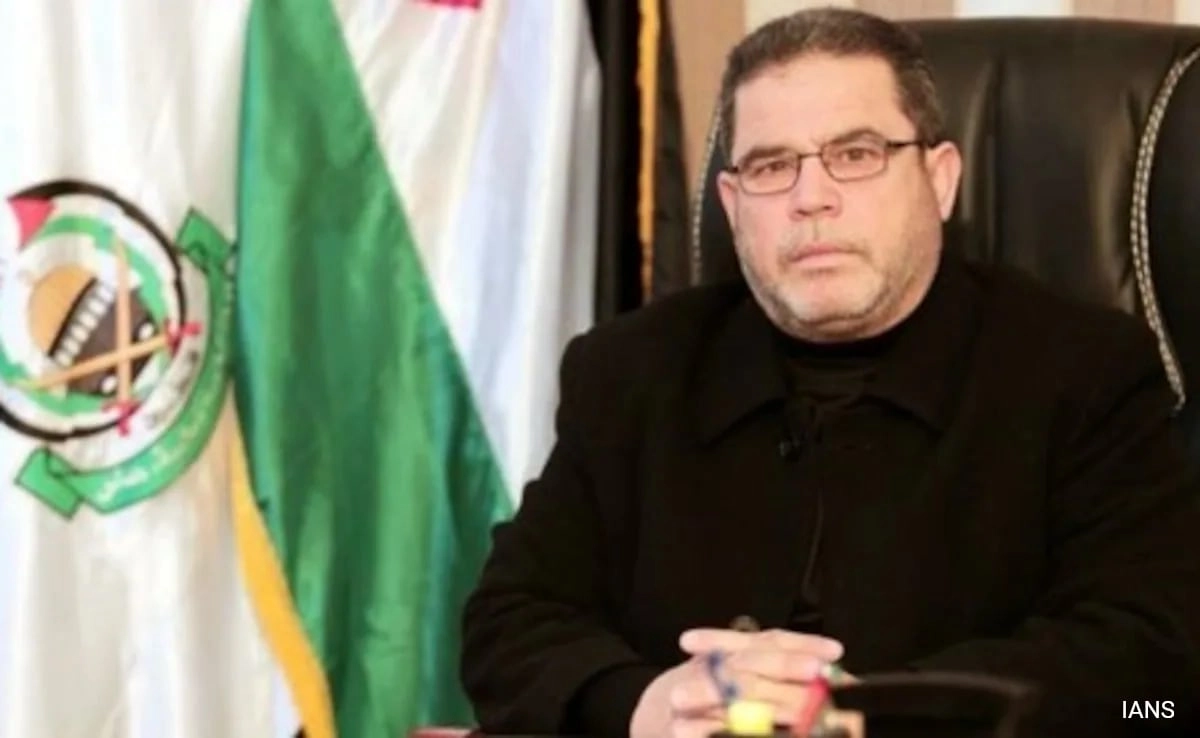In a recent statement, former President Donald Trump expressed optimism ahead of an anticipated phone call with Russian President Vladimir Putin regarding the ongoing conflict in Ukraine. Trump’s comments came as he outlined a series of elements that he believes both parties could potentially agree upon, suggesting that diplomacy might pave the way for a resolution to the war. He emphasized the importance of dialogue and negotiation, underscoring his belief that open communication is crucial to addressing the complexities of the situation in Ukraine.
The conflict, which has strained international relations and raised concerns about global security, has seen various nations taking sides. Trump’s approach, which contrasts with that of many current leaders who favor more aggressive stances, advocates for a pragmatic understanding of the issues at play. He hinted that a peaceful resolution could be within reach if both leaders are willing to engage in constructive discussions. By identifying common ground, Trump hopes to facilitate a path toward de-escalation and ultimately, a lasting peace.
Moreover, Trump’s remarks reflect a broader sentiment among some political circles that diplomacy should take precedence over military intervention. He indicated that there are “many elements” that both the U.S. and Russia could agree upon, although he did not elaborate on the specifics. This strategic positioning could resonate with voters who prioritize peace and stability over confrontation. As the world watches closely, the call between Trump and Putin could serve as a pivotal moment in the ongoing discourse surrounding the Ukraine war, potentially influencing the trajectory of future negotiations and international relations.
As tensions continue to simmer, the significance of such high-profile discussions cannot be understated. The outcome of this call may not only impact Ukraine but also shape the dynamics of U.S.-Russia relations moving forward. Trump’s willingness to engage directly with Putin could signal a shift in strategy, one that emphasizes dialogue over division. In a time where communication is often overshadowed by hostility, the potential for finding common ground may offer a glimmer of hope in a conflict that has caused immense suffering and upheaval.




